A World of Postmodernism or the Newest Middle Ages?
The process already taking shape in the world of consolidating «larger spaces», and the return of the empires of by-gone eras may not, at first glance, seem to respond to the spirit of the times. However, we are living in an age which, in view of its uncertainty in people’s minds, is indiscriminate to such an extent that it is no stranger to the most improbable policy prescriptions.
The world is in a state of interregnum in which, as Zygmunt Bauman says, «change is the only constant, and the unknown – the only certainty»; in this world, Europe remains a battlefield, but nowadays the battle is between a Westphalian model of sovereign states and new forms of supranational governance…
Traditional European empires of modern times, which is to say the modern age, have risen up on the ruins of feudalism. However, it is a peculiarity of postmodernism that it is ready, on a fairly eclectic basis, to take on the organisational forms of political relations of any era. Piracy, which was once from times of old (remember the famous Algerian pirates) is today once again firmly establishing itself along the shores of Africa; a by-effect, of course, but it has become indicative of a time in which the archaic and the modern intermingle in the most unimaginable way possible.
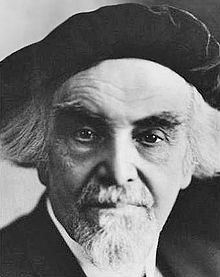
This is nothing new, however. Similar era breakdowns have taken place time and again. The Russian philosopher Nikolai Berdyaev, in his work written between the two world wars entitled «The New Middle Ages», wrote: «We are destined to live in a historical time of era change». Berdyaev referred to this time as «the end of new history and the beginning of a new Middle Ages», defining it as a transition from the rationalism of new history to the irrationalism of a medieval type… «The spiritual beginnings of past history are being eliminated, its spiritual power exhausted… All the usual categories of thought and form of life of the most «advanced», «progressive», even «revolutionary» people of the 19th and 20th centuries are hopelessly outdated and have lost all meaning for the present and especially for the future».
According to Berdyaev’s observations, the transition to a new middle ages, just the same as the previous transition to an «old» middle ages, is accompanied by a noticeable expansion of old societies and the indiscernible addition of new ones. «Individualism has eliminated all of its possibilities in new history, there is no longer any energy left in it… The end of the spirit of individualism is the end of new history… Liberalism, democracy, parliamentarianism, constitutionalism, legal formalism, humanitarian morals, rationalist and empirical philosophy are all the offspring of an individualistic spirit, of a humanitarian self-assertiveness, and they are all dying away, they are all losing their former importance… Is there much that is ontologically real about stock exchanges, banks and money, about monstrous factories producing useless objects or weapons for destroying life, about superficial luxuries, speeches by parliamentarians and lawyers, about newspaper articles? Is there much that is real about the growth of insatiable demands?» The Russian philosopher noted that Christianity had previously played a unifying role for at least a substantial proportion of mankind. Its very existence «signified an escape from pagan nationalism and particularism». At the end of new history, «we are once again seeing before us an unfettered world of pagan particularism, inside which there is a deadly battle and destruction taking place».
However, many of Berdyaev’s ideas do not seem to be so pertinent these days; it would obviously be wrong to place an equals sign between the time in which he wrote and the beginning of the 21st century. Although the turns of the historical spiral are linked with each other, each one is also unique, and since the New Middle Ages has already taken place, then in imitation of Berdyaev it might be possible to call the trend of our times the Newest Middle Ages.
One of the most noticeable features of this period, for example, is the emergence of various complex networks, and not just networks of an information-technology and sociological nature, but also those encompassing relations between states. Strategies for using network warfare to control nations are extremely popular in Washington. The Pentagon, in particular, has officially adopted a new military doctrine of net-centric warfare aimed at «superior knowledge» and «information dominance». At the same time, our internationally-networked world with its apparent independence of individual centres of power which are, in fact, incorporated into more complex hierarchical relations and interdependencies surprisingly reminds one, in an ontological sense, of the world of the Middle Ages.
In particular, a system of multilayered vassalage is forming before our very eyes in which there will no longer be a supreme «liege lord» as before (because he cannot and does not want to do it), interfering in literally everything to do with the rulers in his area of dominance on the principle of «A vassal of my vassal is not my vassal». Washington understands that it is both financially and physically impossible to delve into the particulars of all 200 world powers, but that is exactly what they have been trying to do there so far and with increasing amounts of effort. It is simpler to choose half a dozen or a dozen trusted agents («vassals») and entrust/trust them to do it, controlling them themselves. This is why some of the recent actions of America’s close allies, first and foremost France, are so similar to the principle of distributing feudal lands. It is probably possible to talk about a plan for a kind of super empire in place of a sole super power which, on the basis of the network principle, would be subordinate to the regional or traditional empires currently acquiring a new lease of life. The centre would be the same, but now it would be more like a coordinator than a straight omnipresent steward; it would be considerably more economical and consequently, or so the Americans are hoping, no less efficient. Full sovereignty, meanwhile, including the right to military intervention, would undoubtedly be centred at the top of this pyramid. As the well-known American academic Noam Chomsky writes, the principles of international order lie in the fact that the United States has the right to use violence whenever they like. And nobody else has that right. «Of course not. Well, maybe our clients do. So they inherit the right. Other American clients do, too. But the rights really reside in Washington. That’s what it means to own the world. It’s like the air you breathe. You can’t question it».
In fact today, on a new turn of history, a neofeudal system of vassal dependence is re-establishing itself in the world which, in its day, replaced the mighty Rome. Today’s Rome is Washington, which in many ways is in exactly the same state of imperial exhaustion, including moral, and which in reality is trying to continue its hegemony using exactly the same methods, although with the very latest technology; but really it makes no different, it is only technique and there is nothing new in that.
Neo-vassalage has a lot of benefits. Firstly, if something is going wrong, it is always possible to make it seem like the one responsible is not who is really pulling the strings, namely Washington, but the vassal state. Using this vassal, it is completely possible to deny one’s own involvement in the fates of other states and pull on the robes of impartial arbitrator. Secondly, such a mechanism for projecting global power also allows for the costs of managing territories to be kept to a minimum, which is rather important given the global financial crisis. At the same time, while setting about reorganising the world, Washington also needs to factor in the costs that this would bring. At some point, the interests of the main liege lord may not coincide with the interests of large vassals capable of obstinacy. Furthermore, those against whom this game is being directed may be in a position to set about strengthening their own alliances, the contours of which are already discernible. Consequently, while on the way to putting its plan into action, Washington still has a number of complex problems to solve.
Source: Strategic Culture Foundation
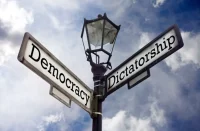
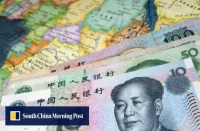
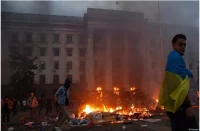





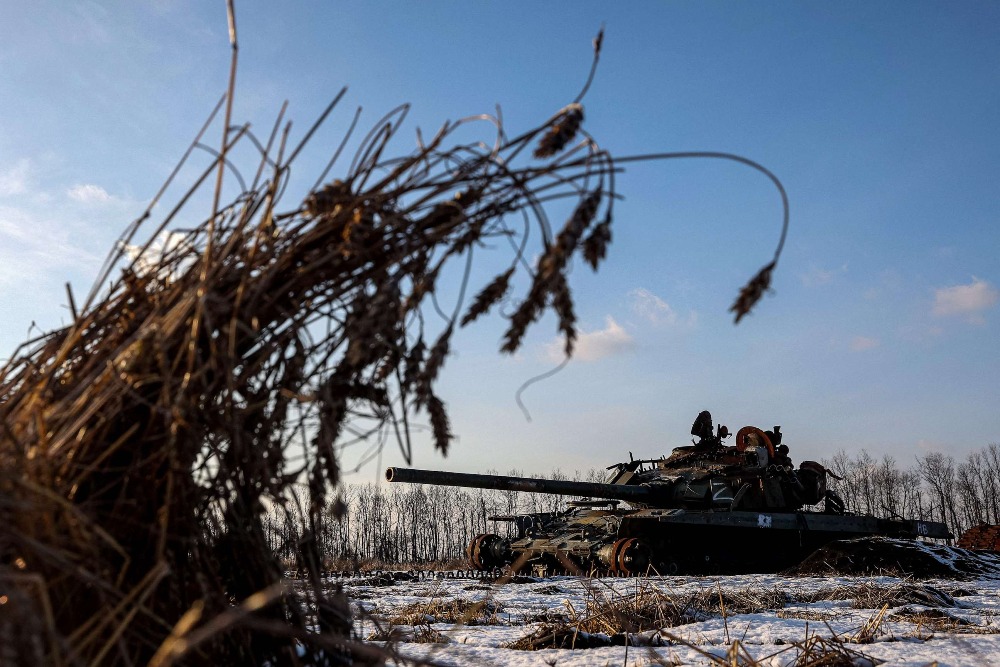





Pingback: The Return of Empires (I) | Oriental Review
Pingback: The Return of Empires (IV) | Oriental Review
Pingback: The Return of Empires (III) | Oriental Review
Pingback: The Return of Empires (V) | Oriental Review
Pingback: The Return of Empires (VI) | Oriental Review